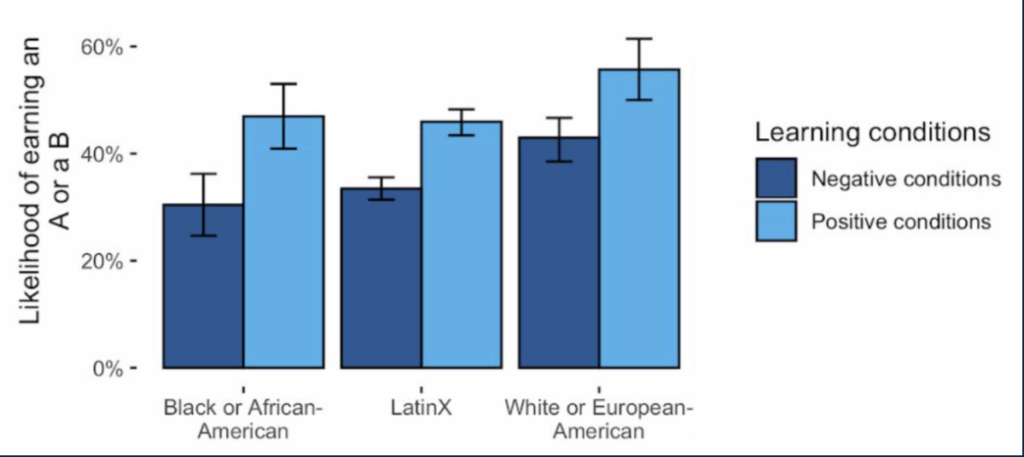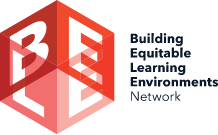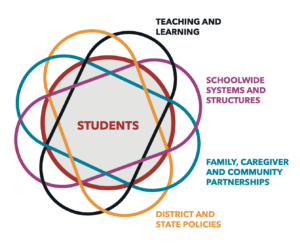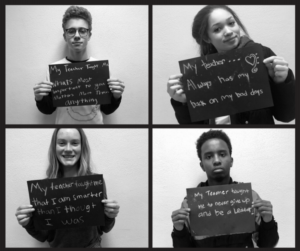[Cross-posted from the BELE Network Medium]
By Dave Paunesku and Sarah Gripshover
As school districts and teachers across the country grapple with the implications of COVID-19, there is a voice noticeably missing from the conversation: the students. In our experience, their perspective is not just “nice to have.” It is absolutely essential to ensuring that we are, in fact, meeting the academic and emotional needs of our students. If we don’t hear directly from them, how can we know?
When we think of how we can better elevate the voice of our students, an example that comes to mind is an inclusive approach taken by Jennifer Maichin, a Professional Development Specialist and teacher in Mineola, New York. Jennifer used a free tool called Copilot to incorporate student voice into professional development. Copilot offers teachers confidential feedback from students about the experiences that shape engagement — like feeling cared for by teachers, receiving feedback for learning and growth, and doing work that feels meaningful. Receiving this student feedback can be a humbling experience for teachers who care about serving their students. “Yes, this may make us feel vulnerable, but at the same time, getting feedback from our students is essential to our growth as teachers,” says teacher Kerry Murphy of Mineola Middle School.
Maichin’s team found it important to say directly to their students “I’m doing this because I care about you, and I want to improve myself, so that we can improve together.” Through analyzing the data and thoughtful discussions, the team created strategies to help students understand that constructive feedback goes both ways: from teachers to students AND from students to teachers. These intentional shifts in communication helped students perceive feedback and suggestions on assignments and behaviors as more than just a grade or a critique, but as evidence of their teachers’ investment in them.
Even under the best of circumstances, it takes courage to try new approaches and open yourself up to feedback in service of creating a more engaging and equitable learning environment. But in these times of heightened uncertainty and instability, student voices need to be at the forefront of the conversation about how educators respond to COVID-19.
Studies have shown that an open line of communication and feedback between students and educators creates learning conditions that are more academically successful AND more equitable. When we prioritize open communication and personal connection, students — particularly students of color — are 30% to 50% more likely to do well in their classes and have the confidence to succeed in future endeavors.

Source: perts.net/creating-learning-conditions
Unfortunately, the social distancing measures of COVID-19 have left many students feeling isolated from their peers and educators, and unsupported by their schools. Creative solutions are blossoming from all corners of the education system, and many are working to prioritize the authentic connection and support that students need now more than ever.
We developed Copilot in order to support such connection and communication. We know that socio-economic inequities are built into our education system, and that is why we designed Copilot to connect students and teachers through a constant cycle of feedback and communication that elevates student needs and, thereby, empowers educators to recognize and mitigate inequities. Copilot helps educators learn how to deepen their bonds with their students, resulting in a learning process that is more receptive to student needs. Now that COVID-19 has exacerbated the inequities inherent in our education system, tools that create more inclusive and receptive learning environments are even more critical.
Through feedback from their students through Copilot, teachers gain insights about themselves, their teaching, and their students’ experience that might have otherwise gone overlooked. These learnings are incredibly valuable, and can be incorporated into near-term COVID-19 planning, especially now that learning environments and student needs differ widely in districts and schools across the country. From a longer-term perspective, these insights take us beyond academic results, and point the way towards filling a larger gap that can be addressed: a student’s need for educators who understand them, care about them as people, root for their success, and commit to a journey of growth alongside them.
As we collectively navigate new challenges posed by COVID-19, it’s crucial to acknowledge that we are working within an education system that wasn’t built to empower every student. However, this crisis affords the opportunity to invest in the students who need our support most. We will only realize that opportunity if we invite students to the table, listen to them, and value their perspective as we navigate uncharted waters towards a better tomorrow.
Dave Paunesku and Sarah Gripshover are, respectively, the Executive Director and Director of Research of the Project for Education Research that Scales (PERTS), a nonprofit organization that helps educators apply evidence-based strategies in order to advance educational excellence and equity on a large scale. You can learn more about Copilot and the other work that PERTS is doing at PERTS.net
For more resources to help make your learning environments more equitable, you can visit the BELE (Building Equitable Learning Environments) resource library. You can also visit the BELE Network Map to learn what organizations are working in your neighborhood already.






Leave a Reply